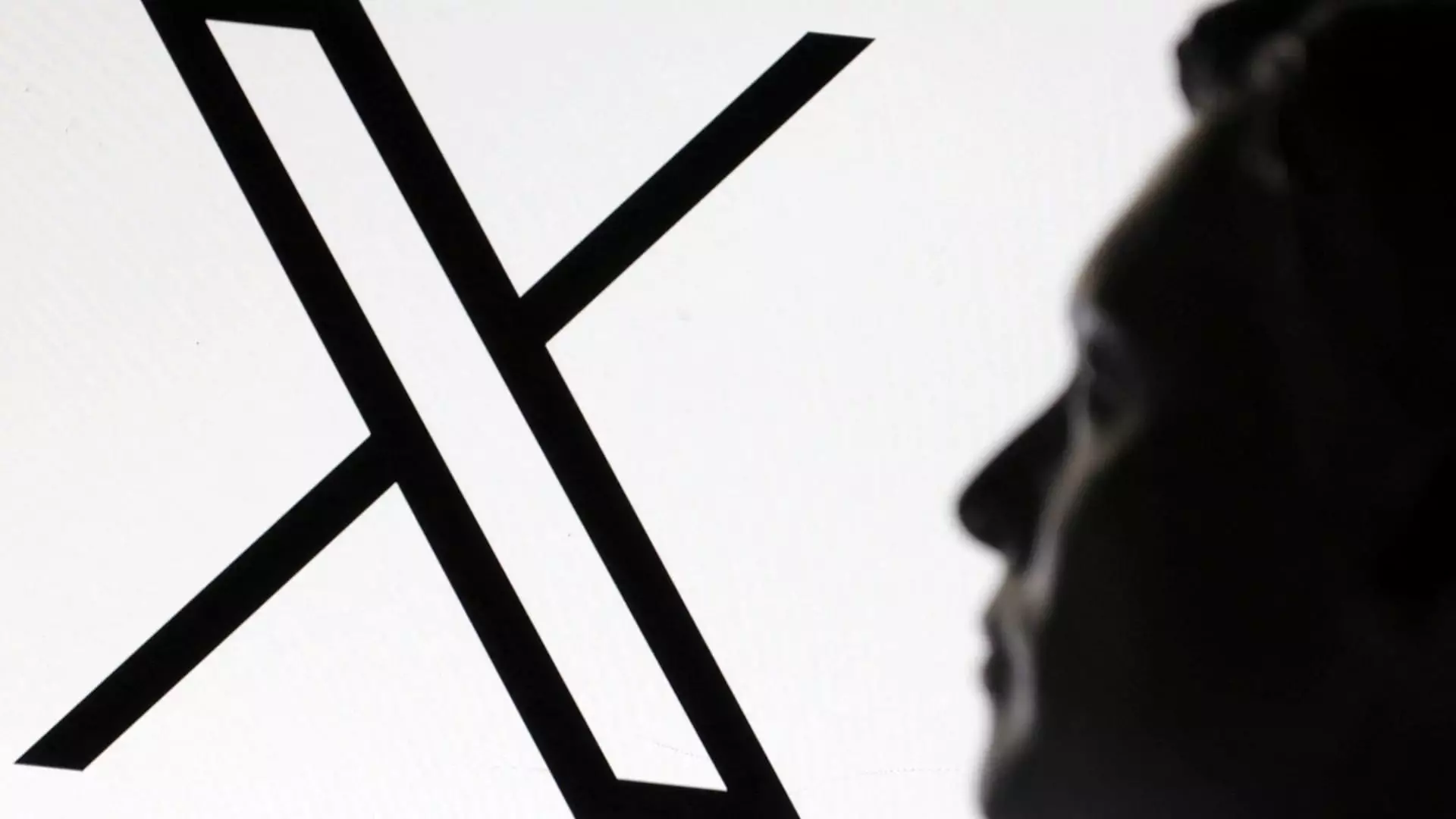In recent weeks, French authorities have escalated their investigation into X, the social media platform formerly known as Twitter, claiming allegations of data manipulation and algorithmic interference. However, a closer examination reveals that this crackdown is less about protecting data integrity or civic security and more about politically motivated censorship. France’s move to demand access to sensitive, proprietary data—without clear evidence of wrongdoing—serves as an alarming example of how regulatory agencies can weaponize legal tools to suppress voices they find inconvenient. This approach undermines the very foundation of free speech, threatening to set a dangerous precedent that authoritarian regimes or biased bureaucrats can weaponize the law under the guise of national security or digital sovereignty.
Unlike a legitimate investigation rooted in genuine concern over privacy violations or foreign interference, what appears on the surface as an effort to uncover “algorithmic tampering” is, in reality, an attack on the platform’s autonomy. The French authorities’ selective focus on X, coupled with opaque motivations and the refusal to cooperate or provide concrete evidence, strongly suggests that this campaign aims to intimidate and constrain alternative viewpoints. It is a clear attempt to stifle dissent, particularly from a platform that has become a critical arena for free debate and expression.
The Power Play Behind the Law
At the heart of this controversy is the broader struggle over digital sovereignty and control of online discourse. France, traditionally a nation wary of unchecked corporate influence and eager for sovereignty over its digital landscape, seeks to assert dominance by regulatory fiat. Yet, the manner in which it has chosen to investigate X exposes a fundamental misunderstanding—or perhaps outright disdain—for the principles of fair investigation and legal integrity.
By refusing to hand over data—claiming that such a demand infringes on free speech and legal rights—X is asserting its rights as a private entity to defend itself against what appears to be a politically biased inquiry. Elon Musk, a figure who has historically challenged governmental overreach, is not merely defending corporate interests but safeguarding the space for open discourse in the digital age. From his perspective, France’s aggressive posture is less about technological oversight and more about curbing a platform that questions established narratives and offers a voice to dissenters.
Moreover, the involvement of researchers with known positions against X signifies an inherent bias that jeopardizes the integrity of the entire investigation. The inclusion of individuals who are openly hostile to Musk’s platform reveals a predetermined outcome aligned with censorship objectives rather than fact-finding. This de facto politicization reveals a dangerous double standard: platforms with a different ideological bent are left unchecked, while X becomes the target for politically motivated harassment.
The Threat to Innovation and International Business
This episode is not just about one social media platform—it’s a referendum on how governments approach innovation and international business. France’s crackdown could serve as a blueprint for similar actions in other jurisdictions, creating a climate of uncertainty that discourages investment and technological progress. Musk and X represent an emerging model of digital innovation that seeks to operate beyond the reach of outdated regulatory frameworks designed for a different era.
By resisting lawful but unjustified demands, X is sending a powerful message: that tech companies have rights too, and they will not be bullied into submission by politically motivated investigations. This is a critical stance for a center-right liberal perspective that values both free enterprise and the need for clear, fair rules. It emphasizes the importance of protecting constitutional rights in the digital sphere, especially when government actions threaten to overreach and trample on fundamental freedoms.
In the end, France’s heavy-handed tactics threaten to undermine the trust that users and businesses place in regulatory institutions. Instead of fostering a healthy environment for innovation and free speech, these actions risk creating a chilling effect—deterring open discussions, stifling technological advancement, and empowering authorities to wield regulatory power as a censorship tool. As Musk rightly points out, such measures distort legal standards to serve a political agenda, undermining the very democratic principles they claim to uphold.

